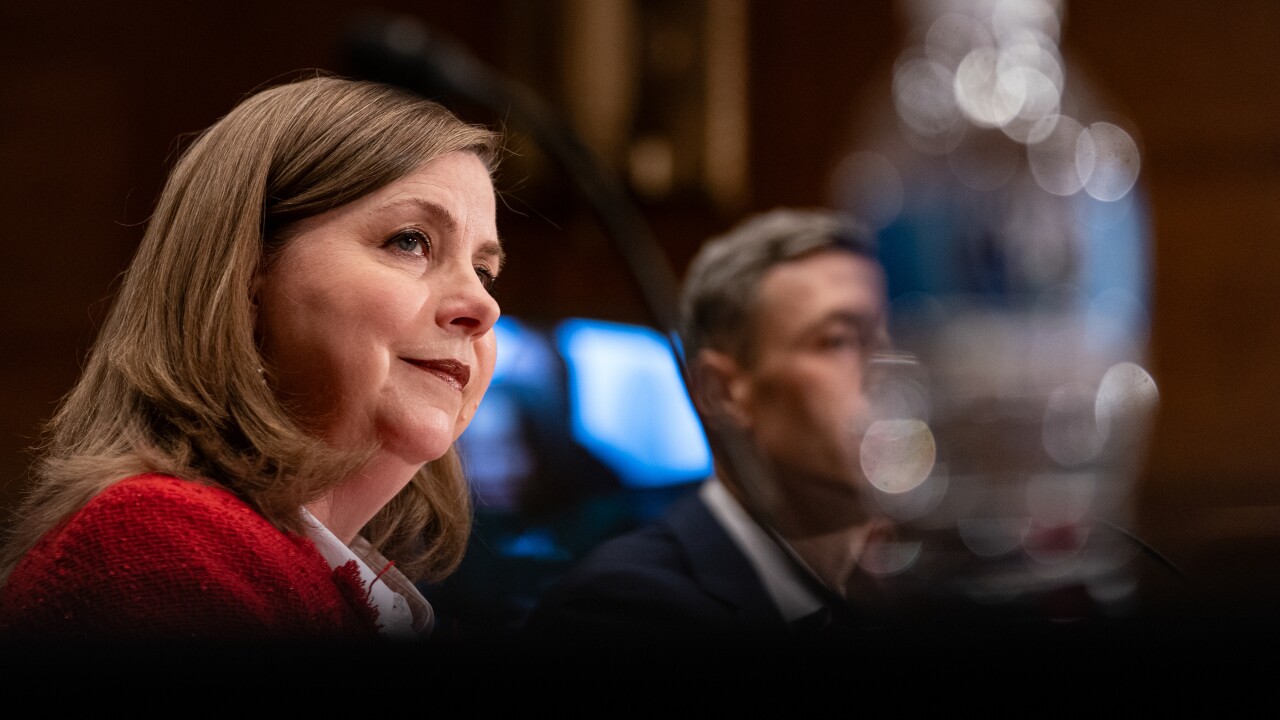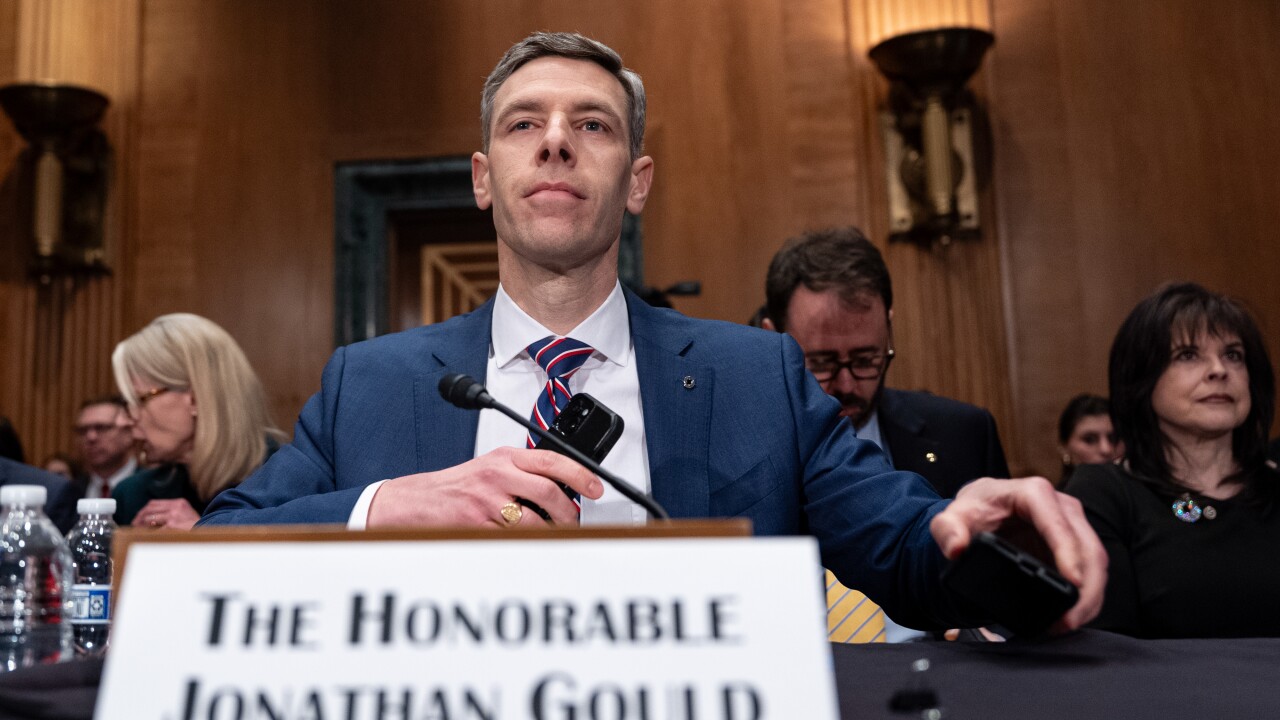Representatives of several leading credit union groups are expected to meet with top officials at the Internal Revenue Services over the next few weeks in hopes of hashing out a resolution to the decades-long conflict over the Unrelated Business Income Tax, better known as UBIT.
Processing Content
The credit union officials, representing CUNA, CUNA Mutual Group, NASCUS, and the American Association of CU League Executives, hope to get a commitment from the IRS Commissioner for Tax Exempt Entities to issue some internal guidance to examiners on how the UBIT should be applied to state-chartered credit unions.
Without a resolution of the issue, the credit union groups will be forced to go over the commissioner's head to the Department of the Treasury, which oversees the IRS, or the White House, to try to settle the matter.
"If we win at the policy level at IRS, then we don't have to go any further, we've won," said Larry Blanchard, vice president and chief lobbyist for CUNA Mutual Group, who has been heading a credit union working group on the UBIT issue. "If not, we might have to go to the Treasury or to the White House."
The matter of UBIT and which revenues earned by credit unions are subject to the tax has been a thorn in credit unions' sides for almost two decades and emerges every five years or so as different regions of the IRS decide to audit credit unions for compliance with the tax, which does not apply to federal credit unions. Federal credit unions which are considered instrumentalities of the government, are exempt from all federal taxes.
The latest round was spurred by IRS audits in three states, Connecticut, Colorado and Alabama, and of as many as 50 CUs for their compliance with the tax. None of those credit unions have been assessed tax bills under UBIT yet.
IRS auditors in several jurisdictions have maintained that income earned by state-chartered credit unions from activities such as fees derived from non-member ATM transactions, the sale of credit life and credit life disability insurance, and leverage investment transactions, such as reverse repurchase agreements, are subject to UBIT because they are unrelated to the core activities of a credit union. The credit union lobby has always insisted that these transactions are closely related to their core businesses.
Significant Tax Bite
The tax bite could be significant in some cases, according to Blanchard, pointing to the millions of dollars credit unions earn from non-member ATM transactions. Those fees, he maintains, are related to a credit union's core business because they help finance the ATM operations for members.
The credit union lobby is hoping for two things. The first is a general ruling from the IRS that income earned form activities considered related to a credit union's business should be exempt from UBIT. The language they are promoting is that "all activities related to the granting of loans or the promotion of thrift are tax exempt" under UBIT. They don't want a laundry list of exempt and non-exempt income for fear that such a list could be to restrictive.
And they want the IRS to issue uniform guidelines so that all state charters are treated equally across the country.
The groups are looking at the possibility of filing suit against the IRS if they don't obtain a satisfactory resolution, and are already exploring proper credit unions to act as plaintiffs and advantageous venues in which to file.
The credit union lobby is treading a fine political line in its efforts for fear that if they go to Congress and ask for definitive standards on applying UBIT to state charters some lawmakers may see an opportunity to apply the tax to federal credit unions, as well.





